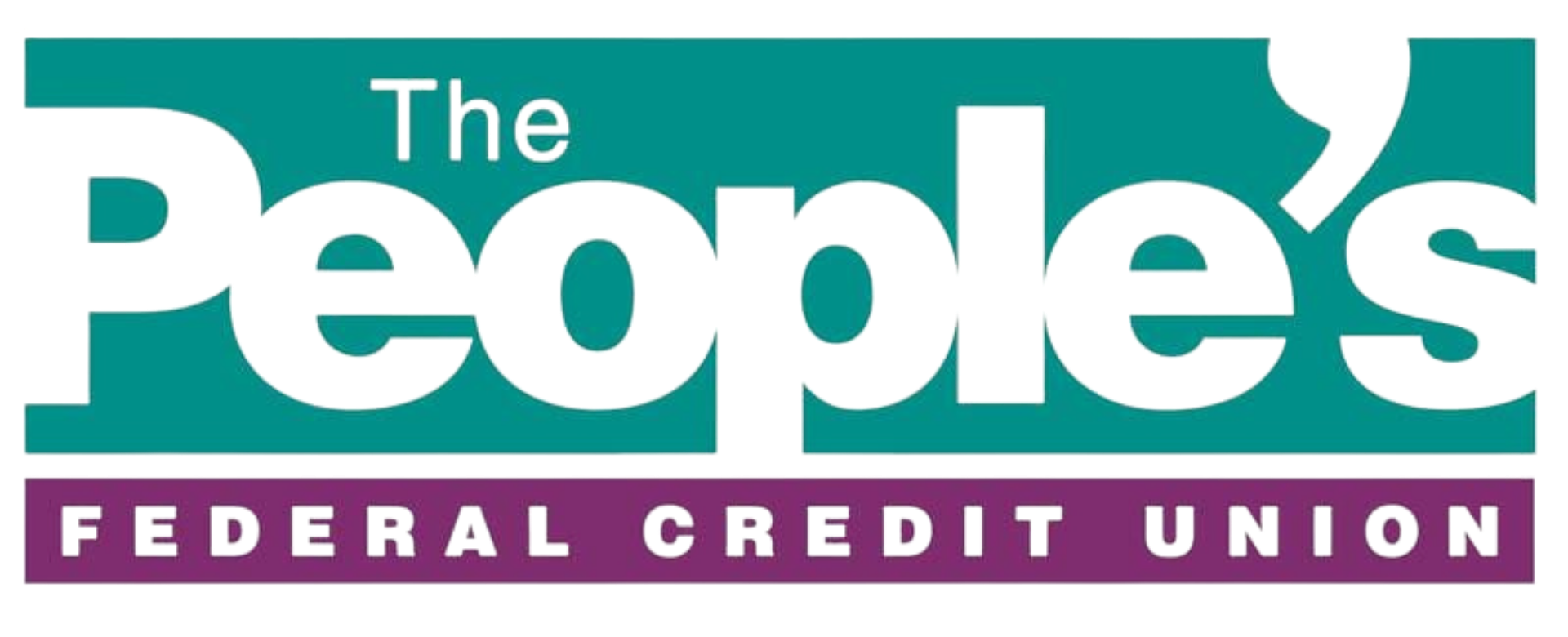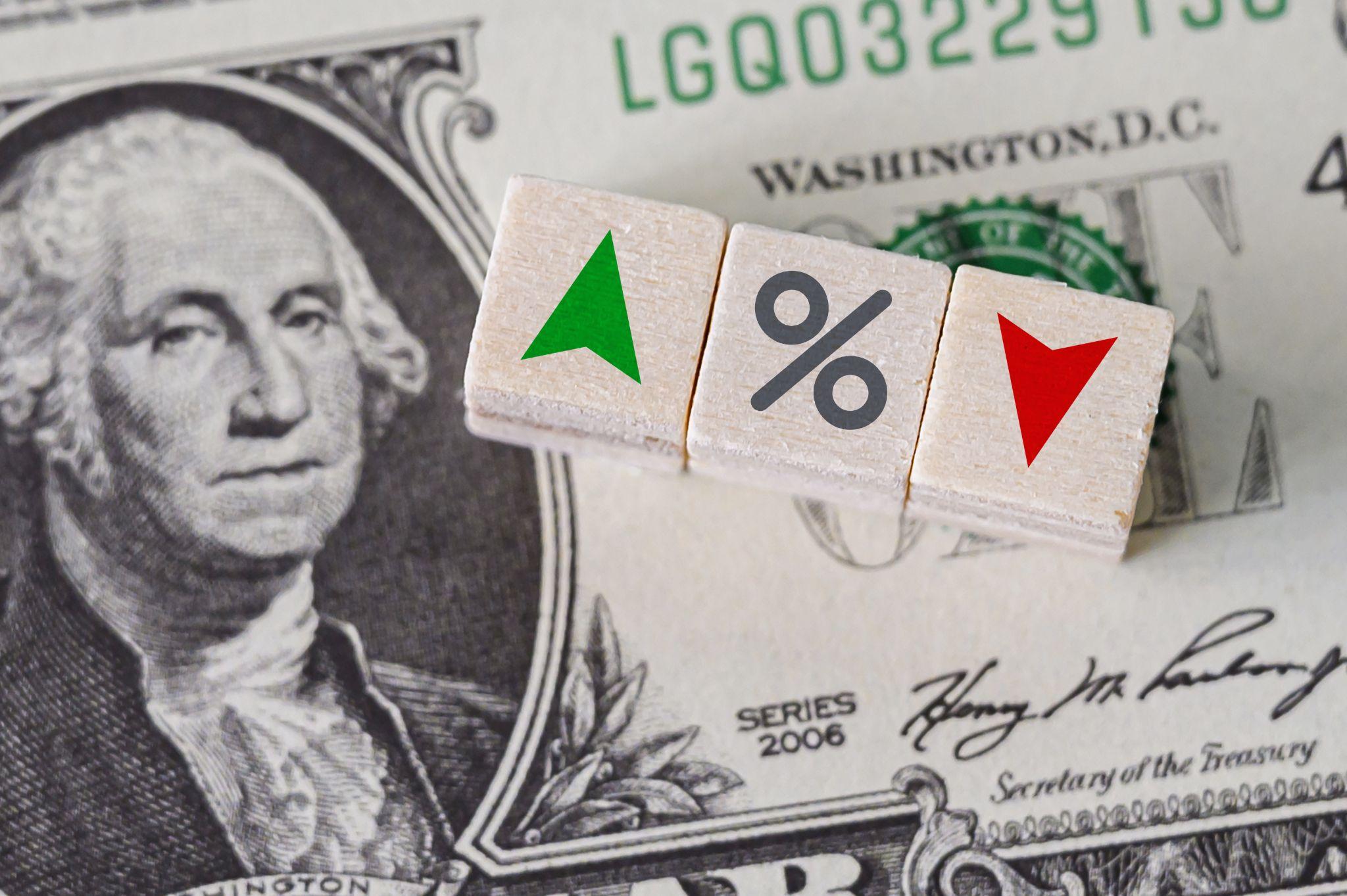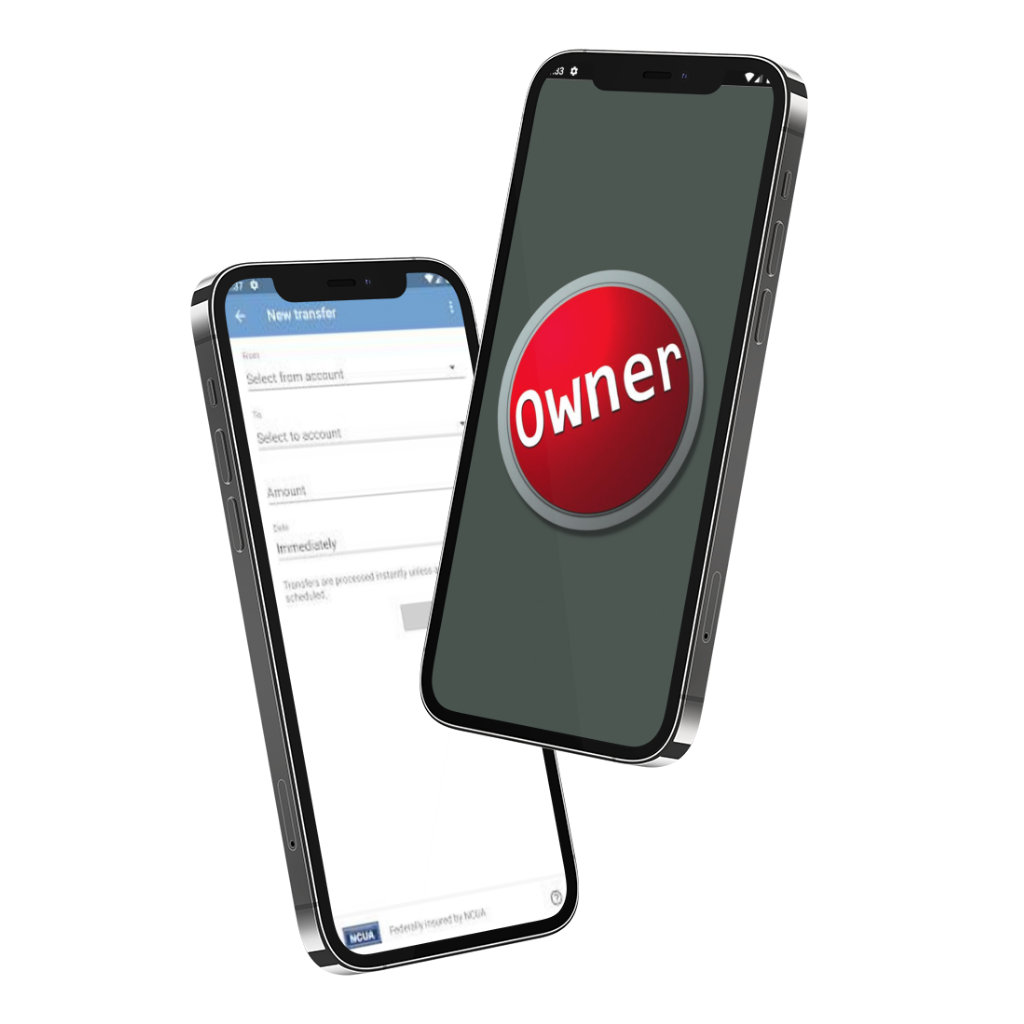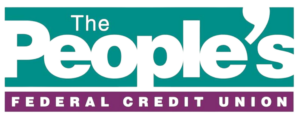Unless you pay cash or are still writing paper checks when you check out at retailers, you are often presented with the option to pay using either debit or credit. Most people might not think their decision matters, especially since most debit cards have the Visa or MasterCard logo. These types of debit cards can be processed using either method, and the money is simply deducted from the attached savings or checking accounts.
From a merchant’s perspective, there is a major difference. Debit card transactions are more like cash transactions. As such, most credit unions and banks charge lower fees for accepting this type of payment method. In many cases, the transaction is processed directly with the issuing credit union or bank, and the funds are immediately deducted from your available balance.
With credit card transactions, the payment is processed through the credit card company. There are specific fees merchants must pay credit card companies and credit card service companies, resulting in higher fees. This is why you might notice a sign at some stores saying you have to spend a certain amount in order to pay using a credit card.
Depending on how the credit payment is processed, it may or may not immediately be deducted from your account. Furthermore, some merchants may process an initial “soft” authorization, where they put a hold on a small amount, like a dollar, and then process the actual transaction once the sale is finalized. In addition, for certain types of services, like rental cars and hotel stays, the merchant might require a deposit, which can reduce your available balance.
Afterward, any holds, deposits, or “soft” authorizations are eventually released, but these can take five to ten business days before the funds are available once more. It is important to keep this in mind when deciding between debit and credit.

From a consumer’s perspective, debit transactions do not always offer the same protections as transactions processed as credit sales. To help you decide which is best, consider the following:
- Debit transactions are best for local businesses you know are reputable and that you trust.
- If you have not made a purchase from a business before and are not sure of their reputation, choosing credit is better.
- Credit payments are a better choice for online shopping since card issuers monitor for fraudulent activities.
- Credit cards could include extended protections and warranties when making electronics and large-dollar-item purchases.
- If you are traveling for business or on vacation, using credit cards could include additional perks and discounts, not to mention fraud protection.
Many credit unions also offer perks and discounts found with credit cards, as well as zero fraud liability protection. Just remember to ask your financial institution what protections and perks are available on your debit card so you can determine when it is best to use debit and credit. Stop by the nearest branch of The People’s Federal Credit Union or call us at 806-359-8571 today to learn more about our debit and credit cards.








